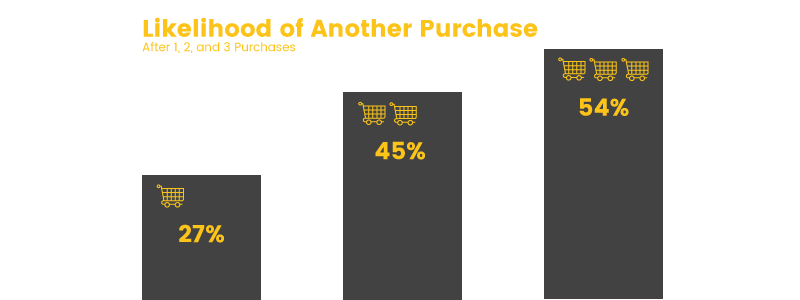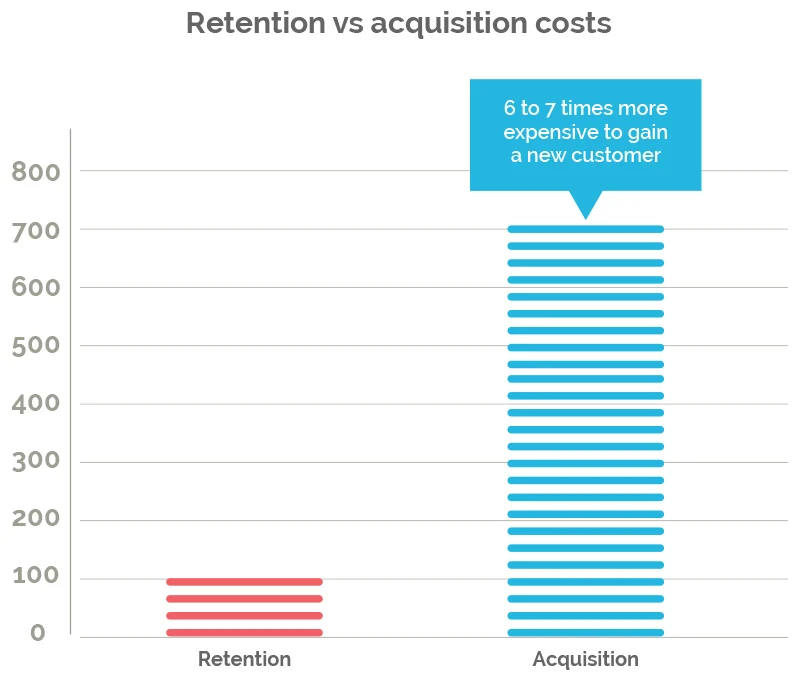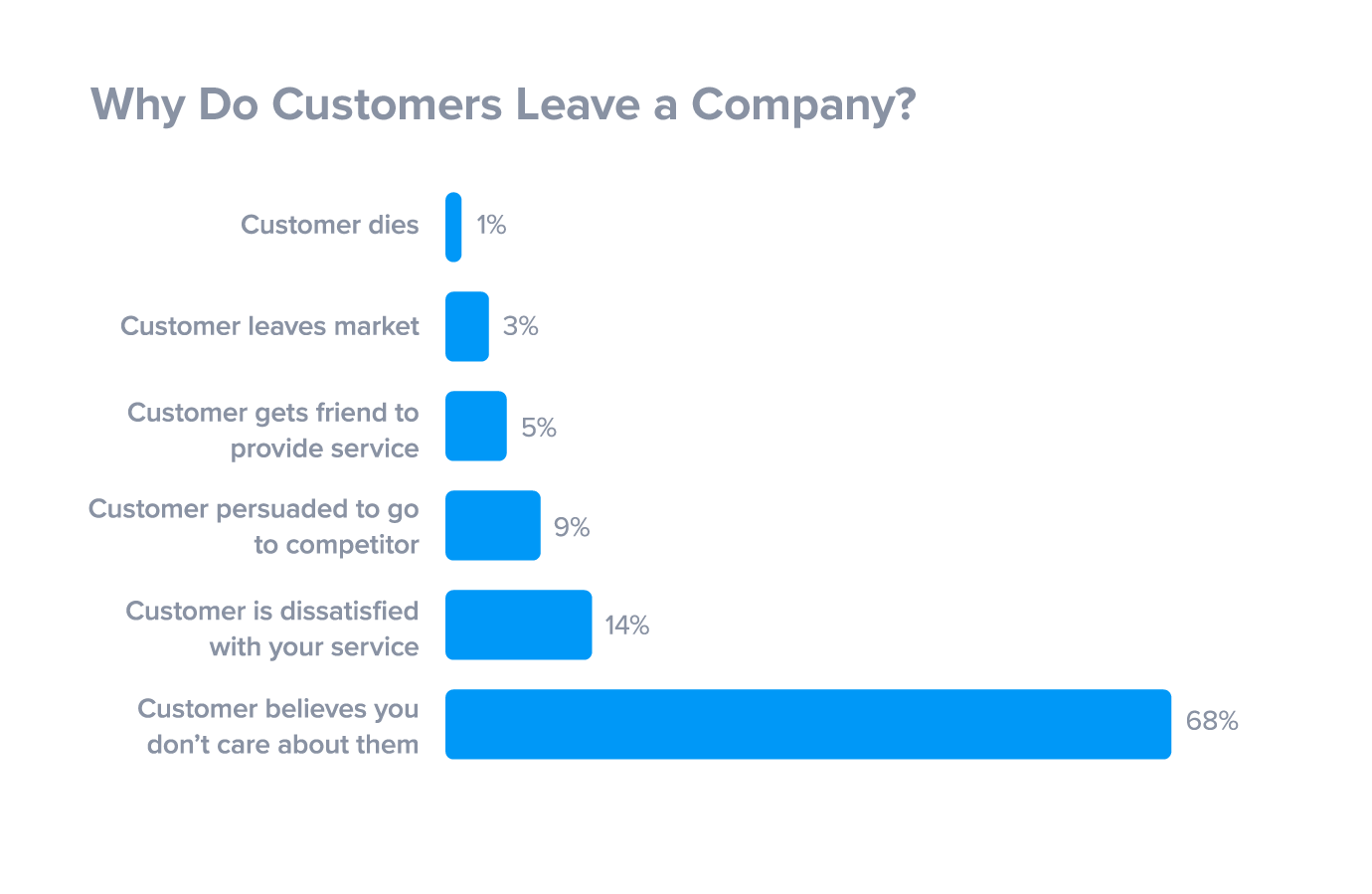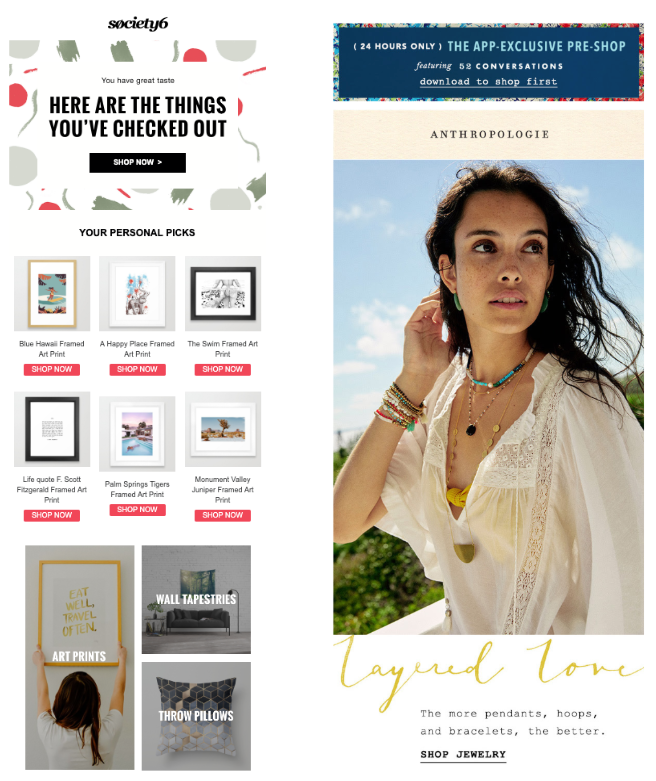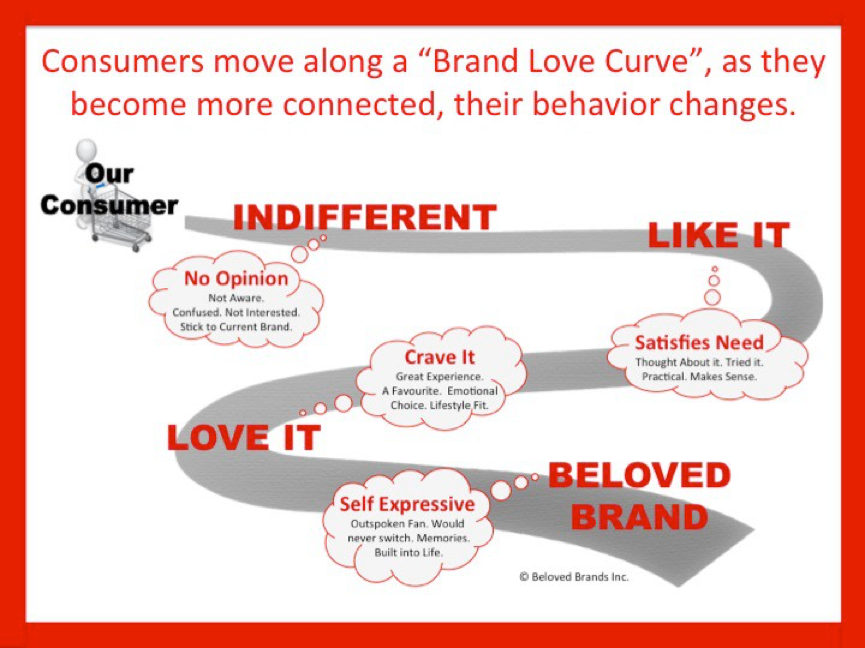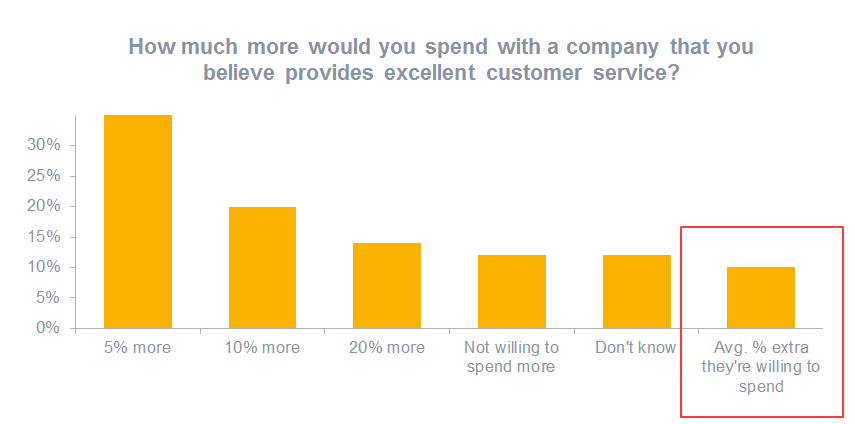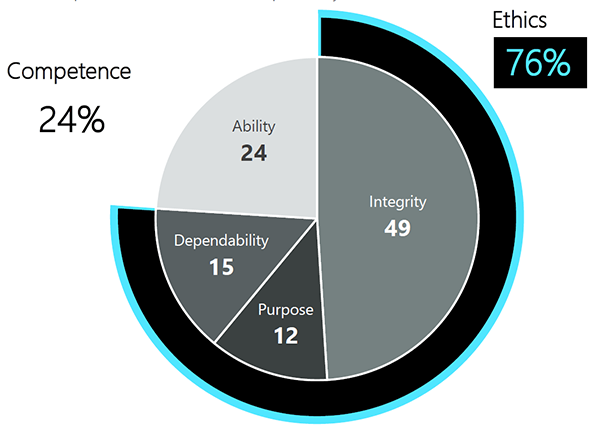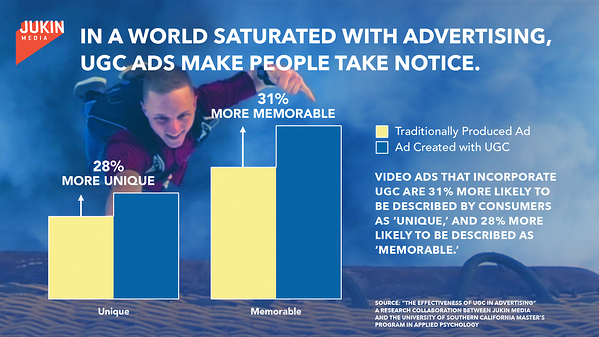However, be careful what you say. It’s great to have a conscience but the more you tie your brand to it, the more likely you’ll be to distance some members of your customer base.
Also, you may be trading long-term relationships for short-term gain. Should the issue your company supports shift in public perception, it could end up looking, at best, a little outdated. So, wise customer relationship management goes hand in hand with an ethical profile.
Economical resonance
It’s always been this way: customers like economy. A company that prides itself on offering low-cost products or services will benefit from customer loyalty. Cut-price supermarkets and distributors are a good example of this. Customers at certain chains will often shop there, because of a perception, accurate or otherwise, that they get more donuts for their dollar there than at any other.
So your messaging needs to be on the money, literally. A product will always be worth more to one individual than it is to another, but you can’t escape market price, so always bear this in mind. Unless, of course, you have something else up your sleeve, like…
Local resonance
Sourcing of goods is gaining in popularity. With an eye on planetary protection and community invigoration, a lot of attention is being given to how local neighborhoods can get involved with these admirable aims.
If you’re an ecommerce company looking to effect a .nz domain launch shortly, then the chances are this avenue will be all but closed to you if you’re looking at generating local resonance in New Zealand. However, you can give it a try by working to have a community presence by getting involved in social efforts, clean-up campaigns, or kids’ care among many other efforts.
By using any of these resonance tactics, your relationship marketing strategy can derive huge benefits.
Encourage community awareness
Your customer base forms a community that you can, with the right treatment, use to launch some very effective marketing partnerships.
It might be a somewhat far-flung community across several platforms, social groups, ages, and territories, but it’s a community nevertheless, with at least one thing in common — your business. Your business is the hub around which this community is formed, which is a pretty nice place to be for a commercial concern wanting to grow.
The most obvious way to connect your community of customers is via an online event. Getting people together, whether in person or online, can result in tremendous benefits in terms of idea generation and process improvement.
You can treat it as a big focus group, to organize a product, loyalty program launch, or stage a competition with prizes and giveaways as incentives to take part. Give it a hashtag and that’s a community insignia right there.
Importantly, once you’ve got this community together and to recognize itself as a body with a degree of commonality, you need to listen to it. It’s an unfortunate fact that most customer unhappiness goes unreported (96% according to one study), and businesses carry on making the same mistakes as a result. So this represents a golden opportunity to get fulsome and honest customer feedback.
And when they come up with the good stuff, act on it, and acknowledge where the idea came from. This will encourage others. Before you know it, your attempts at improving marketing relationships have resulted in a hotbed of ideation.
Crucially, don’t treat your community of customers just as a guaranteed market to fling goods at. They’ve taken the time and trouble to invest in you, so you should invest in them. It’s good for you and it’s good for them. That’s a functional relationship for you.
Having community brand ambassadors create UGC (user-generated content) to promote your brand is also a top marketing strategy. These sorts of marketing partnerships are often free, they’re usually fresh, and they’re certainly effective.












